
While a former Chair of the Housing Agency says the plan as a "builders charter".
Sinn Fein says the Government isn't doing 'the one thing' it needs to do in order to ease the housing crisis.
It's after Ministers announced the 20 billion euro 'Housing For All' plan yesterday, which will see 300-thousand houses delivered.
It will also see minimum energy ratings introduced for rental properties, and new local authority home loan applicants will be offered lower interest rates.
Sinn Fein Leader, Mary Lou McDonald, joined Clem Ryan on Friday's edition of Kildare Today.
“The absence of a clearly articulated right to housing contributed to the emergence of the housing crisis, and any solution to the crisis must be founded on the principle of housing as a human right”
— FLAC (@flacireland) September 2, 2021
Read FLAC’s response to the #HousingForAll plan: https://t.co/Jzjg4Y9B04
Meanwhile the Peter McVerry Trust, which delivers Kildare's homelessless services, has given a broad welcome to the 'Housing for All' plan.
CEO, Kildare resident, Pat Doyle says there's a good focus on the needs of the homeless
A Former Chair of the Housing Agency Conor Skehan has described the Housing For All plan as a "builders charter".
When asked who specifically is building the houses, Minister O'Brien replied “builders” #HousingForAll https://t.co/V8DyxdfEXH
— TheJournal.ie (@thejournal_ie) September 3, 2021
The Housing Minister says the shared equity scheme will be available by mid-November.
The scheme will help first time buyers to bridge the gap between what they can afford and the cost of a new build property.
The State will take a stake in the property, which will be free for the first five years followed by a low interest only payment thereafter.
Minister Darragh O'Brien admits that it will be a challenge
The Construction Federation of Ireland doesn't expect to meet the government’s target of building 33 thousand homes annually for at least another 3 to 4 years.
The Housing for All plan aims to eradicate homelessness by 2030 and build 300 thousand between now and then.
Mairéad Cleary reports
:.



 RSA Urges Caution As Locals Face Flooded Area's Over The Bank Holiday Weekend
RSA Urges Caution As Locals Face Flooded Area's Over The Bank Holiday Weekend
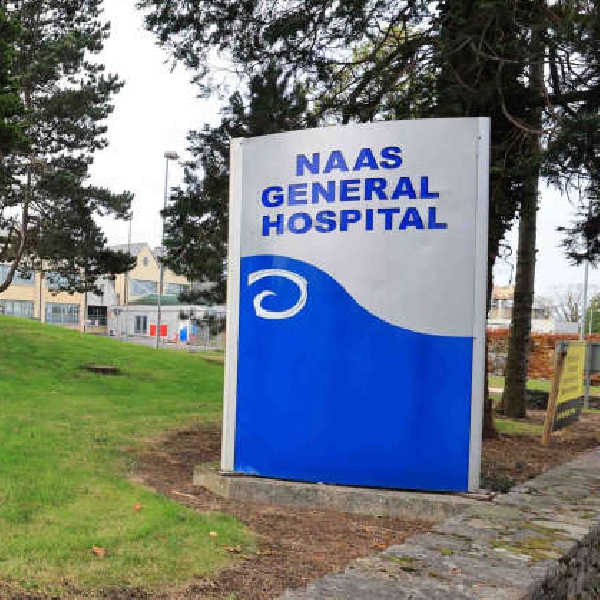 Visiting Restrictions Introduced At Naas General Hospital Due To Norovirus Concerns
Visiting Restrictions Introduced At Naas General Hospital Due To Norovirus Concerns
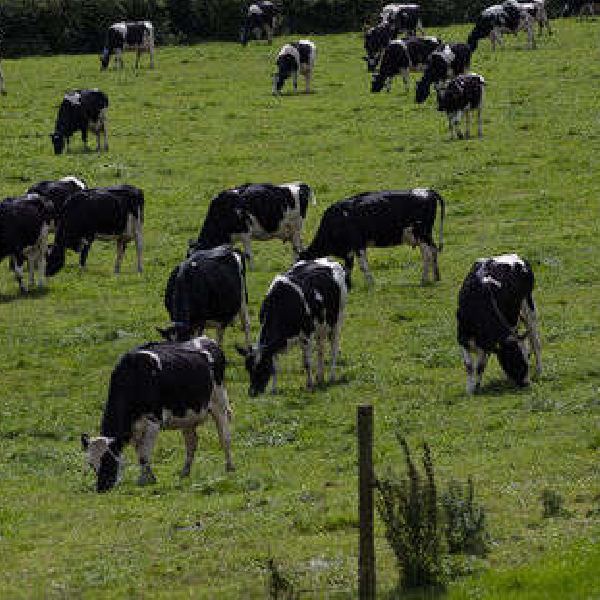 Kildare Farmers Receive €5.9 Million from Lakeland Dairies in 2024
Kildare Farmers Receive €5.9 Million from Lakeland Dairies in 2024
 Irish Troops Prepare for Deployment to Lebanon
Irish Troops Prepare for Deployment to Lebanon
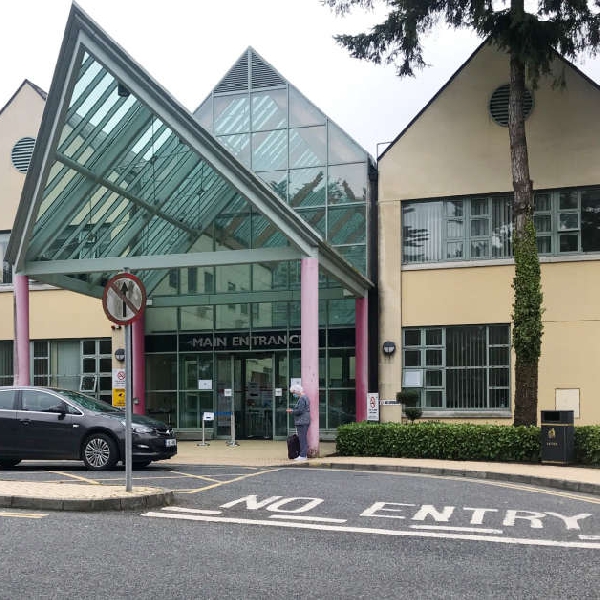 Teens In Mental Health Crisis Left Waiting Up To A Week For Care
Teens In Mental Health Crisis Left Waiting Up To A Week For Care
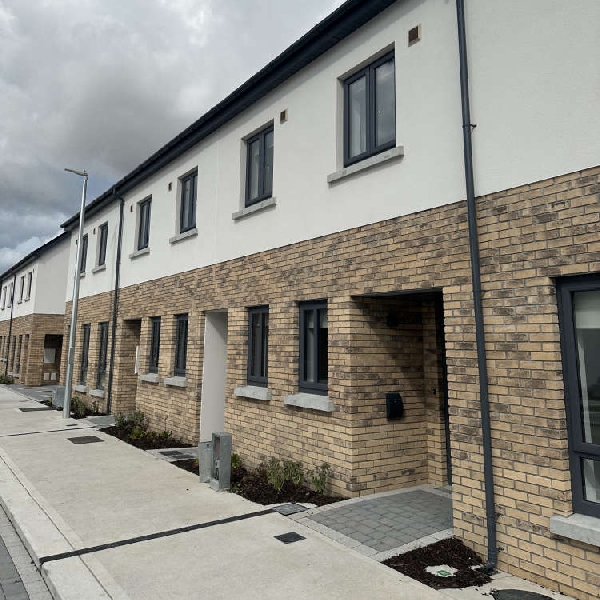 Only 5 HAP Properties Available In Kildare Amid Deepening Rental Crisis
Only 5 HAP Properties Available In Kildare Amid Deepening Rental Crisis
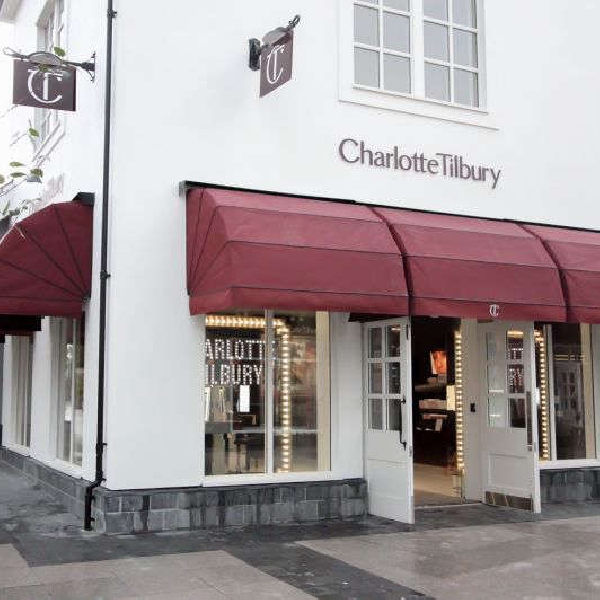 €500 Worth Of Cosmetics & Perfumes Stolen From Popular Store In Kildare Village
€500 Worth Of Cosmetics & Perfumes Stolen From Popular Store In Kildare Village
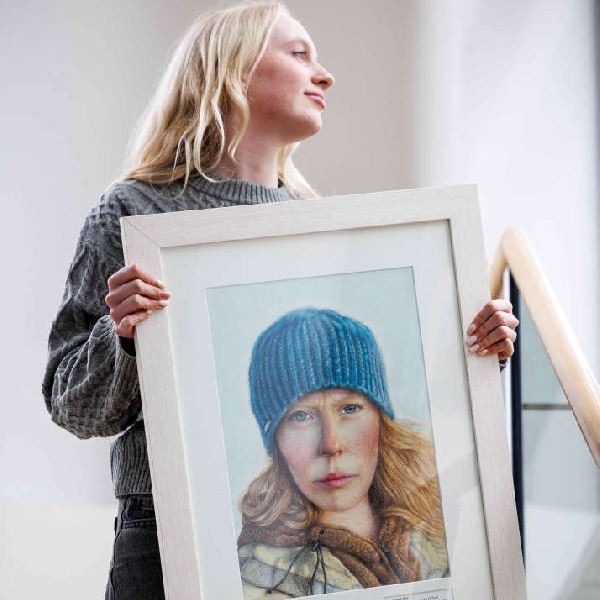 Kilcullen Students Wins Second Prize In Texaco Children's Art Competition
Kilcullen Students Wins Second Prize In Texaco Children's Art Competition

